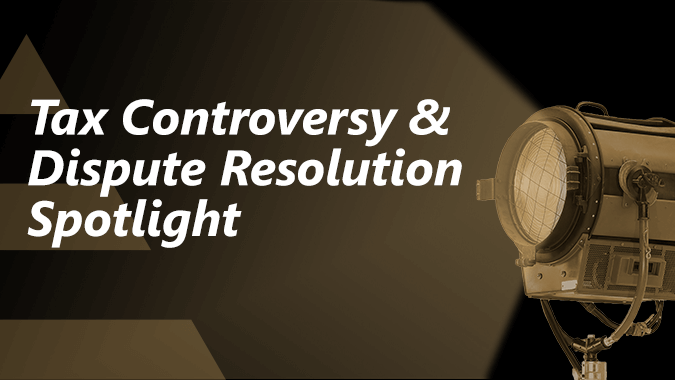
Royalty Exams & Contract Compliance
Conducting routine royalty exams1 or contract compliance exams with key licensees and vendors can provide significant benefits to organizations, both by fostering a compliance-first culture that protects your brand and by identifying new revenue and cost-savings opportunities.
In addition to the impact on the bottom line, these processes can also maximize the value of these agreements by demonstrating trust between both parties and that each is continuing to uphold their contractual obligations.
Royalty Exams
Many organizations enter into licensing agreements of their intellectual property (“IP”) where the financial terms are based on a metric controlled by the party making the payments (e.g., payments based on a percentage of net sales, a per-dollar amount based on the net units shipped or actual manufacturing costs). These agreements will frequently outline additional parameters around where and how the licensee can sell products containing the licensed intellectual property such as geography, sales channels, pricing and discounts. Our royalty exams analyze whether the financial terms and other contractual requirements have been adhered to.
Contract Compliance Exams
Separate from licensing agreements, many organizations have contracts with third parties that cover distribution of their products or providing services back to the entity (e.g., outsourced IT). For distribution agreements, rebates may be eligible for only certain markets or pricing may have certain guidelines. Our contract compliance exams are designed to address the risk areas that are most important to our client.
The Process
The licensing agreements or service agreements often include a “right to audit” clause that allows the party receiving the payment or services to examine the underlying accounting records to identify whether there are underpayments of royalties or overcharges for expenses. EisnerAmper’s experienced team assists clients with royalty exams and contract compliance exams to identify potential issues and quantify underpayments or overbilling while still enhancing brand protection, reputation, relationships and intellectual property across a variety of industries within the U.S. and internationally.
Our objectives
- Recover Lost Revenue: Identify underreported revenue and overcharged expenses to optimize your financial performance.
- Strengthen Partnerships: Collaborate with both licensors and licensees to facilitate mutually profitable relationships.
- Optimize Your Contract Policies: Provide continuous feedback to improve future contract negotiations.
- Maximize ROI: Develop bespoke, cost-efficient workplans that result in an attractive ROI for your organization from our procedures.
Underpayments or overcharges may be significant and stem from a variety of reasons: ineffective systems, processes and controls; errors; personnel turnover; contractual misinterpretations; rapid growth; aggressive or fraudulent account practices; among others. Performing a royalty exam or contract examination can help identify these underpayments or overcharges, representing potential recoveries, which will improve the organization’s bottom line from existing contracts.
Professionals Here to Help You
Our practice leaders are acknowledged professionals, with years of practical experience, who are sought-after speakers at major industry events, article authors and expert witnesses.
For more information on EisnerAmper’s full scope of IP capabilities, visit our IP Services page.
[1] While the term royalty audit is frequently used to describe an engagement to analyze whether royalties have been accurately paid, we prefer to use the term royalty exam to differentiate from the accounting industry’s view of an audit which is an opinion on the financial statements of an entity.
What's on Your Mind?
Start a conversation with the team












